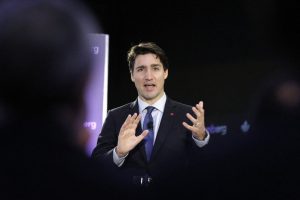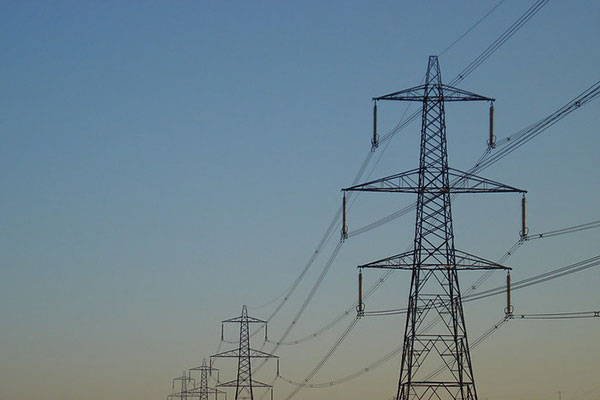- With the defeat of Blaine Higgs, New Brunswick welcomes a new era under Liberal leader Susan Holt, who promises bold action on climate and renewable energy.
- Among her proposals are solar retrofit incentives and increased land conservation targets, aiming to boost the province’s clean energy sector.
- Will these new policies transform New Brunswick into a leader in renewables, or are there challenges ahead?
After more than six years in office, Blaine Higgs’ incumbent Progressive Conservatives have been defeated by Susan Holt, leader of New Brunswick’s Liberal Party.
With 48.2% of the vote, Holt’s Liberals secured a majority government of 31 seats (25 needed), while the PCs were reduced to 16 and the Greens two. Higgs, who polls showed was one of Canada’s least popular Premiers, ultimately lost his own seat in the riding of Quispamsis, putting an end to his time in the legislature.
A relative newcomer to politics, Holt makes history as the first woman to lead New Brunswick and has promised a decidedly different path than her predecessor.
Higgs was best known for his authoritarian leadership style, controversial social policies, and tumultuous relationship with the province’s francophone community, among other things, whereas Holt has built her brand around staple issues like health care, education, and the environment.

Back in 2015, Liberal Leader Justin Trudeau pledged to take on a number of environmental policies should his party assume power, including investing millions in clean technologies and inviting premiers to attend the upcoming UN Climate Change Conference. (BRENDAN MCDERMID / REUTERS)
Consequently, the resurgence of the Liberals and rejection of Higgs’ toxic brand of conservatism now opens the door to new climate and cleantech initiatives. In stark contrast to the previous administration which prioritized fossil fuel interests and faced criticism for lagging on green initiatives (Higgs is a former Irving Oil executive), Holt has emphasized the importance of protecting the environment and addressing climate change — including by leveraging the power of the private sector.
According to the Liberal environment platform, a variety of policy changes will be introduced aimed at making New Brunswick healthier, more competitive, and more resilient. Among them include enshrining the right to a healthy environment in the Clean Air and Clean Water Acts, increasing provincial land and water conservation from 10% to 15%, ensuring government buildings and vehicles are net-zero by 2035, and electrifying all school bus fleets.
Holt has also promised to re-evaluate approval of the controversial pesticide glyphosate, implement a coastal erosion plan, and importantly, introduce a free heat pump program and solar retrofit incentive. While the exact details have yet to be fleshed out, the new programs will be welcome additions to New Brunswick’s budding solar and wind markets.
As it stands, the province boasts less than 500 MW of renewable energy, with solar representing a mere fraction of that total. These new incentives will therefore play a key role in stimulating New Brunswick’s clean economy while expanding energy options for ratepayers.

The Department of National Defence’s (DND) first net-zero building is the 5th Canadian Division Support Base in Gagetown, New Brunswick. (The Globe and Mail)
These and other commitments — while subject to follow through and execution — are undoubtedly positive, although there are some elements of the Liberal environment platform that leave something to be desired.
For instance, while Holt is opposed to the federal carbon price, she hasn’t detailed how exactly she’d replace the consumer portion that applies in New Brunswick (the province has its own industrial pricing system that was approved by the federal government), only going so far as to promise “a bold made-in-New Brunswick plan that reflects our local reality and opportunities.”
The Liberals have also pledged to remove the provincial sales tax from home energy bills in a move that will save the average household around $192 annually — but cost hundreds of millions of dollars in new spending in the process. Additionally, because the tax is consumption-based and proportional to consumers’ electricity bills, eliminating it simply subsisizes the highest consumption households, which are typically wealthier.
Ultimately, it’s the same regressive policy enacted by Ontario’s Progressive Conservatives and will undermine Holt’s own climate and fiscal policies.
With that said, the Liberals have signaled their intention to be active partners with the cleantech and environment communities, which, after Higgs’ tenure, is refreshing news. Now, all eyes are on Holt to deliver.












Comments